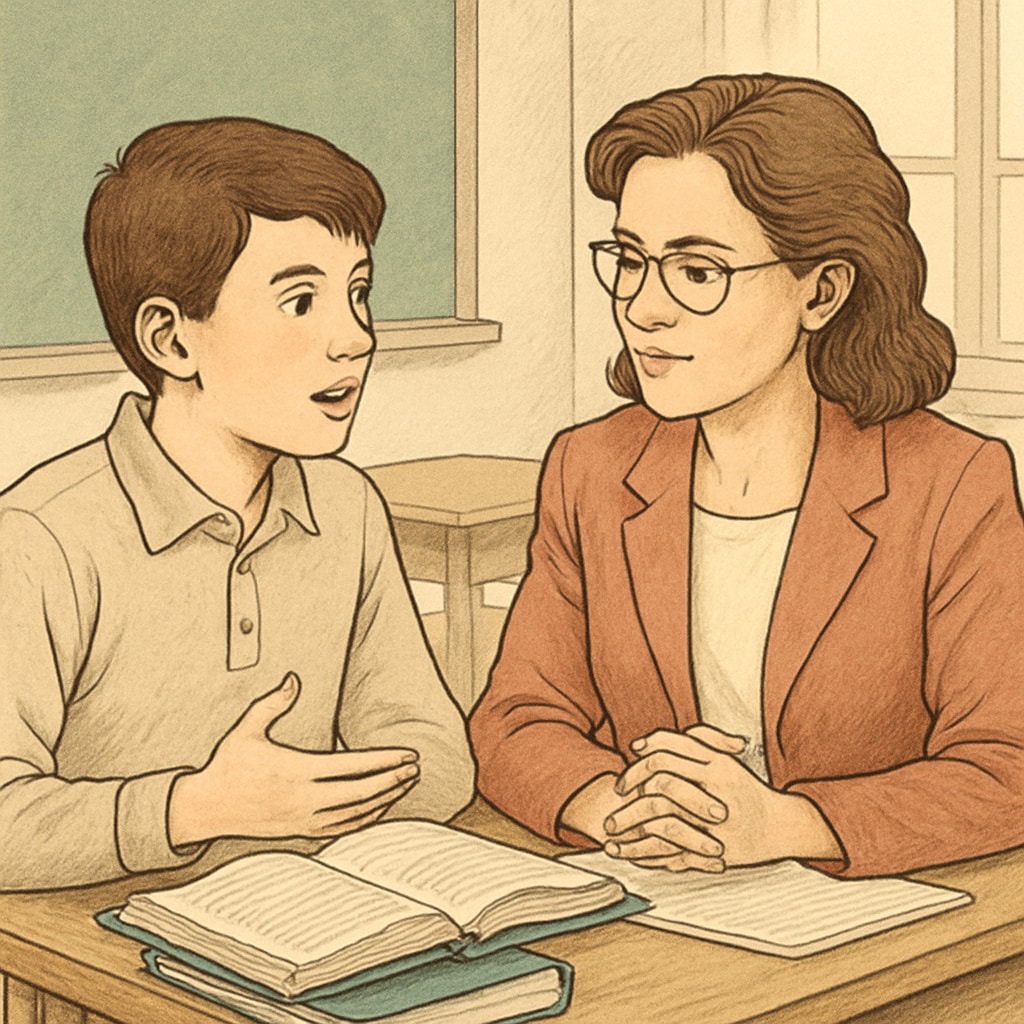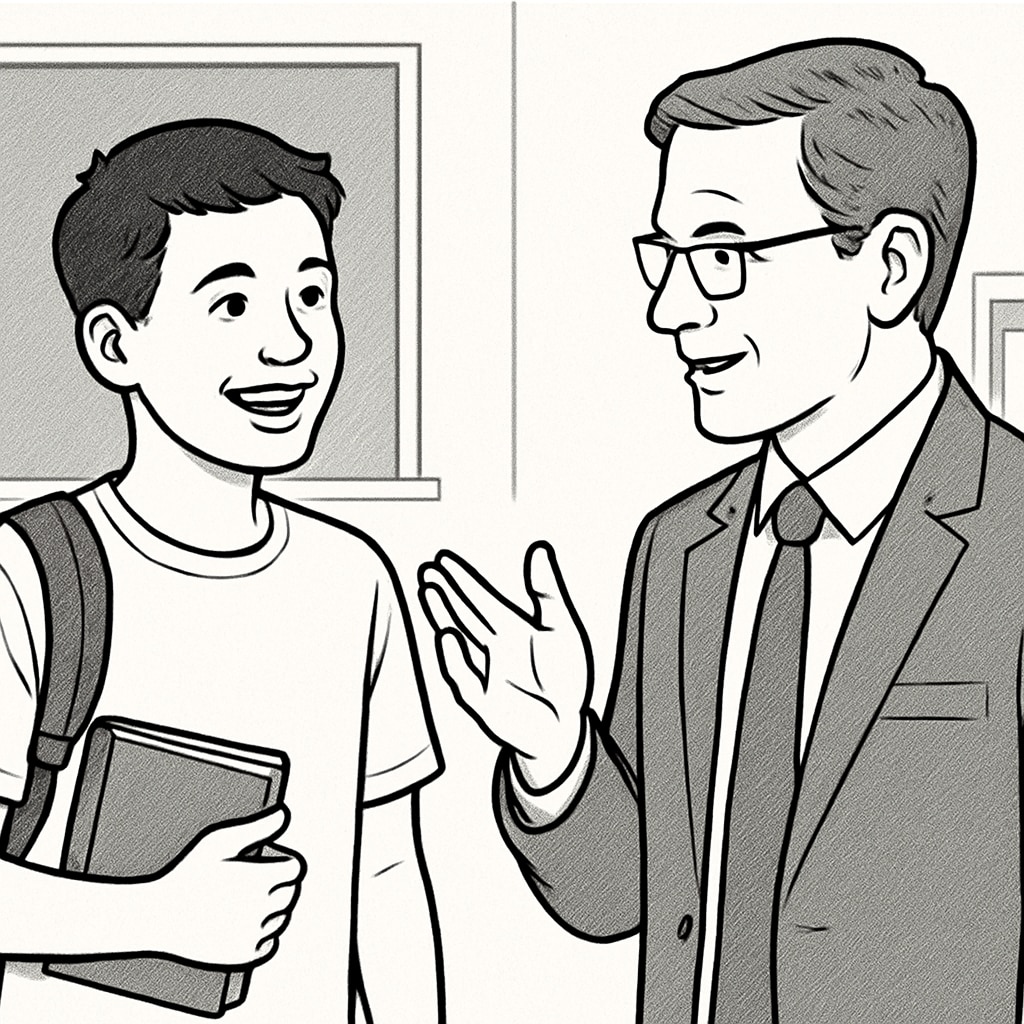In education, the concepts of “student gratitude,” “teacher impact,” and “respect” form the foundation of meaningful learning experiences. Teachers who respect their students and genuinely listen to them create an environment where students feel valued. This respect fosters a sense of belonging and encourages students to thrive, not just academically, but as individuals. The power of being seen, heard, and acknowledged by an educator is transformative, making respect one of the most precious gifts in education.
The Transformative Impact of Respect in Education
Respect in education is more than just a social nicety; it is a fundamental principle that shapes the teacher-student relationship. When teachers approach students with respect, they send a powerful message: “You matter.” This acknowledgment goes beyond academic performance, addressing the student’s self-worth and individuality. For example, research from Britannica highlights that respect in education fosters a positive learning environment, enhancing motivation and engagement.
Students who feel respected often express deep gratitude, as they realize their teachers see them as more than just learners—they are seen as complete individuals. This gratitude is not merely a fleeting emotion; it becomes a lifelong appreciation for the role of education in shaping their character and future.

How Teachers Influence Students Through Genuine Listening
One of the most profound ways teachers demonstrate respect is through genuine listening. When educators create space for students to express themselves, they validate their voices. This act of listening can have far-reaching impacts, helping students build confidence and encouraging them to embrace their unique perspectives. As noted by Wikipedia, education is not solely about knowledge transfer; it is also about fostering critical thinking and personal growth.
For instance, consider a teacher who notices a struggling student and takes the time to understand their challenges. By listening and offering support, the teacher not only helps improve the student’s academic performance but also strengthens their sense of self-worth. Such moments of respect leave a lasting impression, and students often carry these lessons into their adult lives.

Moreover, genuine listening can transform classroom dynamics. When students know their opinions matter, they are more likely to participate actively and take ownership of their learning. This collaborative approach nurtures a sense of community, making the classroom a space where every individual feels valued.
Respect as the Heart of True Education
True education extends beyond the boundaries of textbooks and standardized tests. It is about nurturing the whole person—intellectually, emotionally, and socially. Respect lies at the heart of this holistic approach. By acknowledging students’ unique identities, teachers empower them to explore their potential without fear of judgment.
In addition, respect fosters trust, which is essential for meaningful teacher-student relationships. When students trust their teachers, they are more likely to seek guidance, share their struggles, and embrace learning opportunities. As a result, respect becomes a catalyst for personal and academic growth.
To summarize, respect in education is not just a courtesy; it is a transformative force. Teachers who respect their students leave an indelible mark on their lives, inspiring gratitude and fostering a love for learning that lasts a lifetime.
Readability guidance: Use short paragraphs with clear transitions to enhance readability. Lists can summarize key points effectively. Maintain a balance between active and passive voice to keep the content engaging. Distribute overused phrases evenly across the text.


